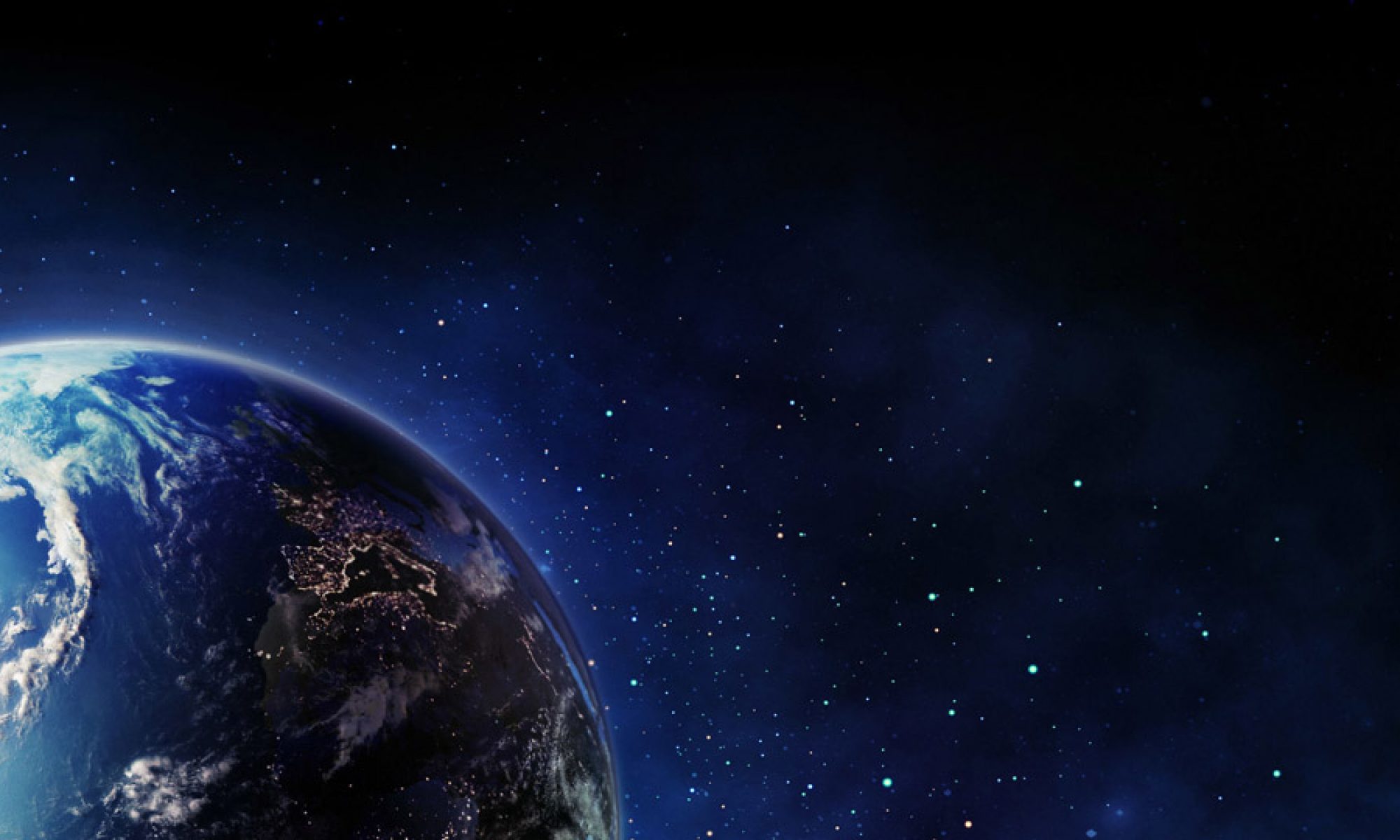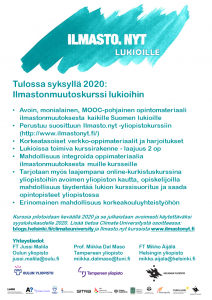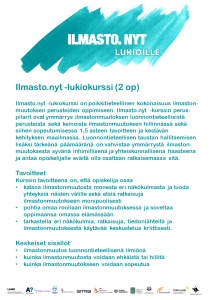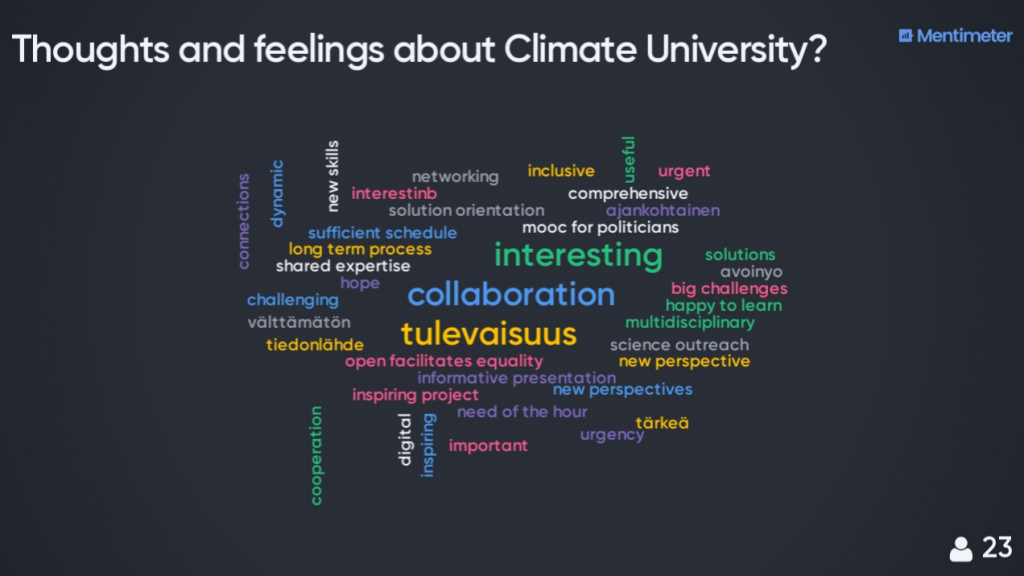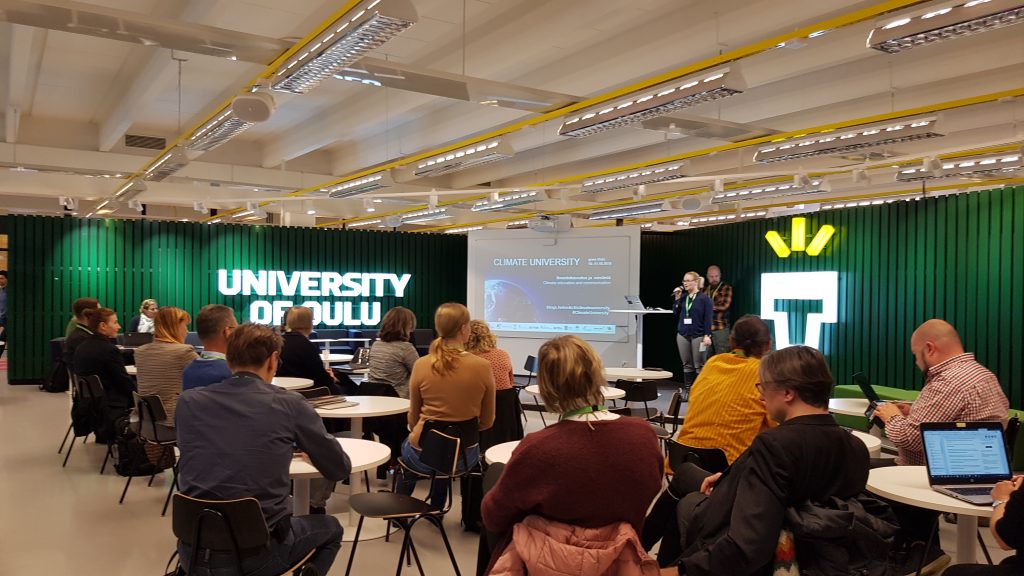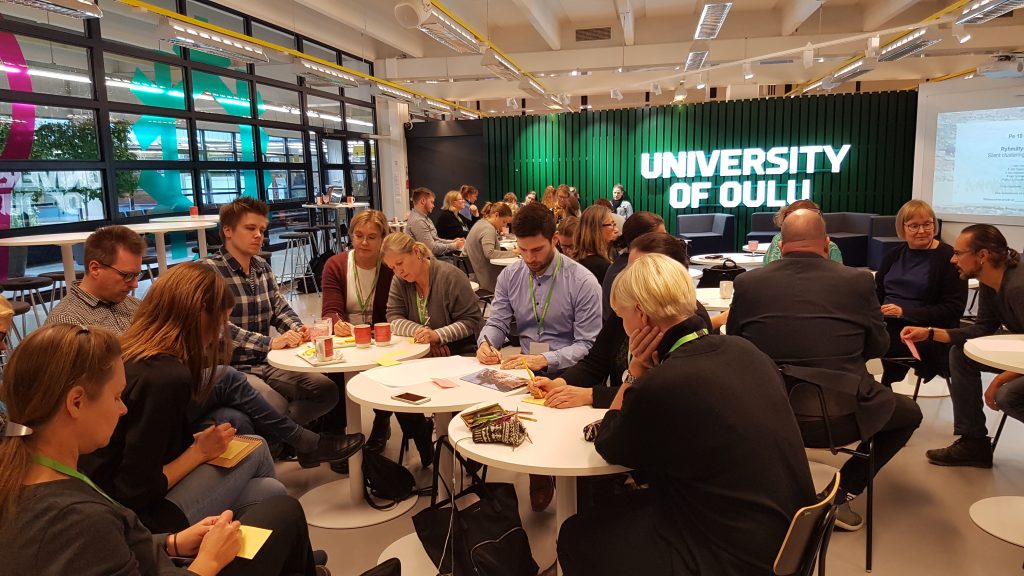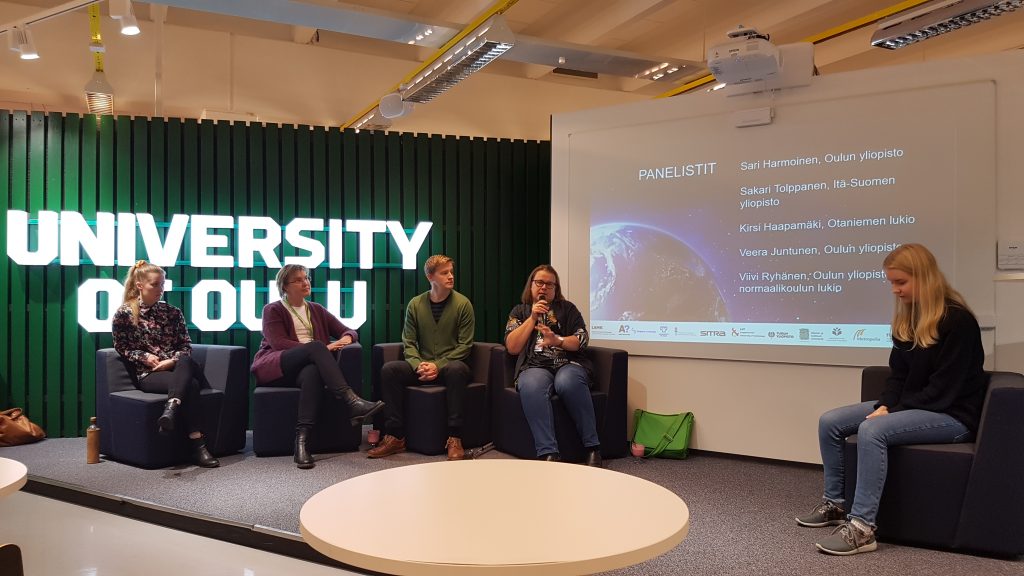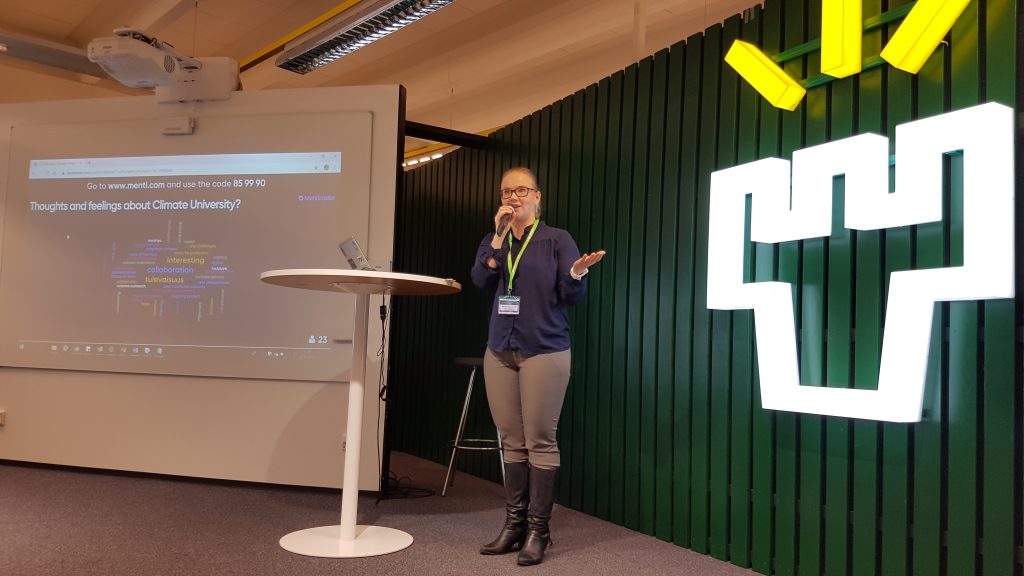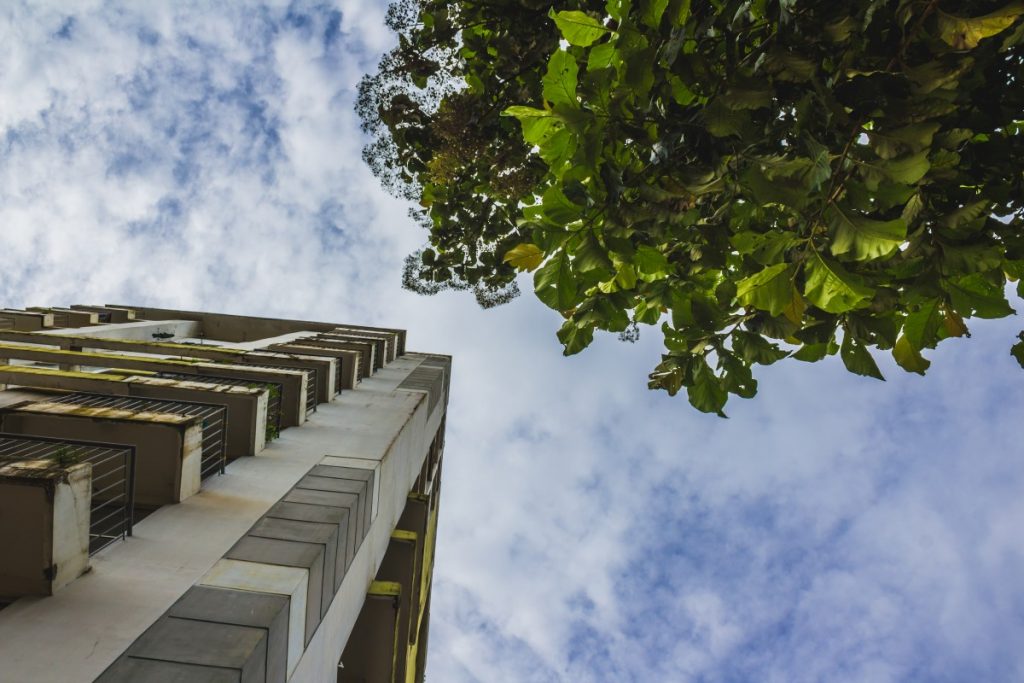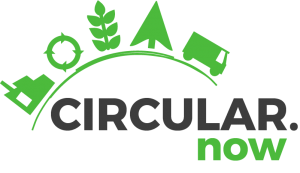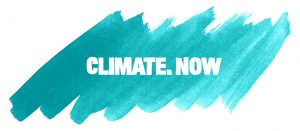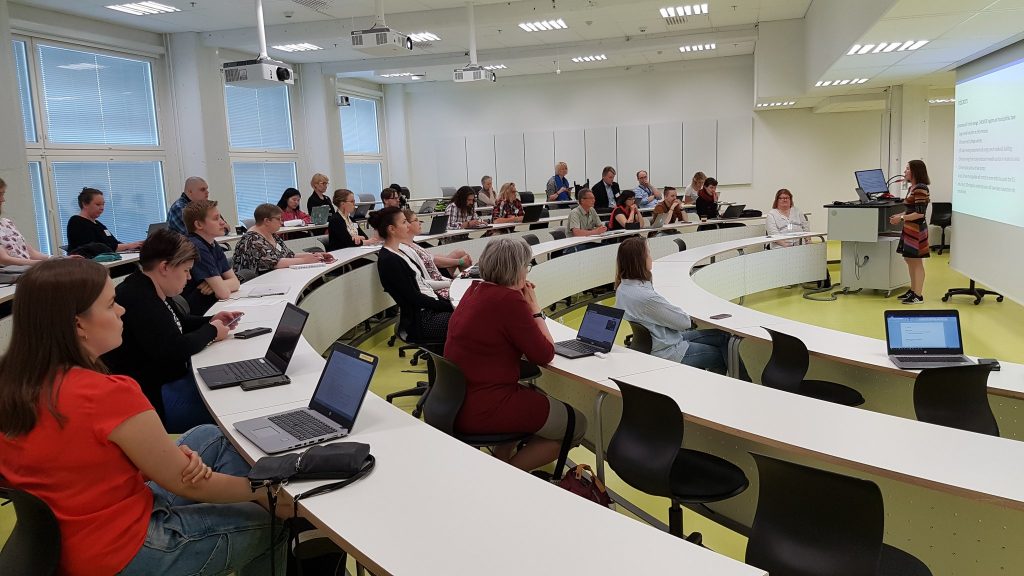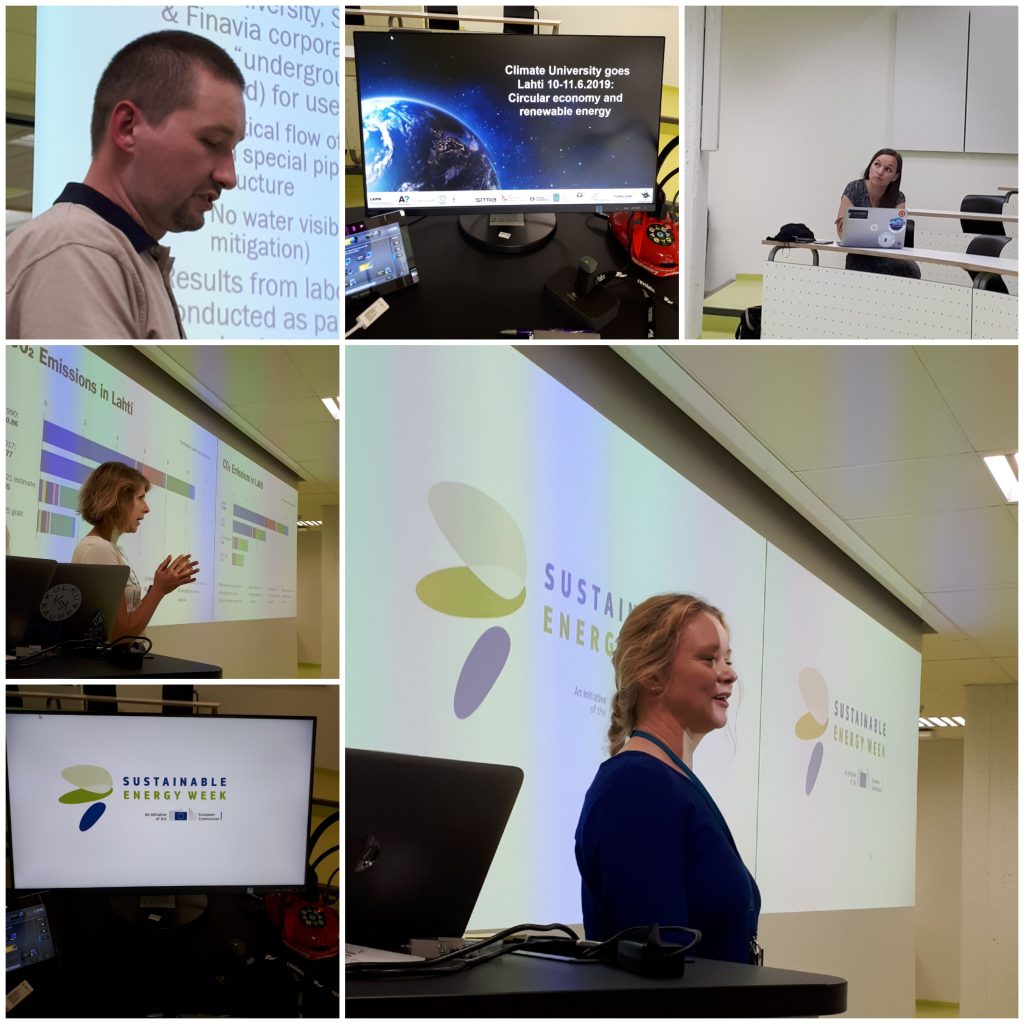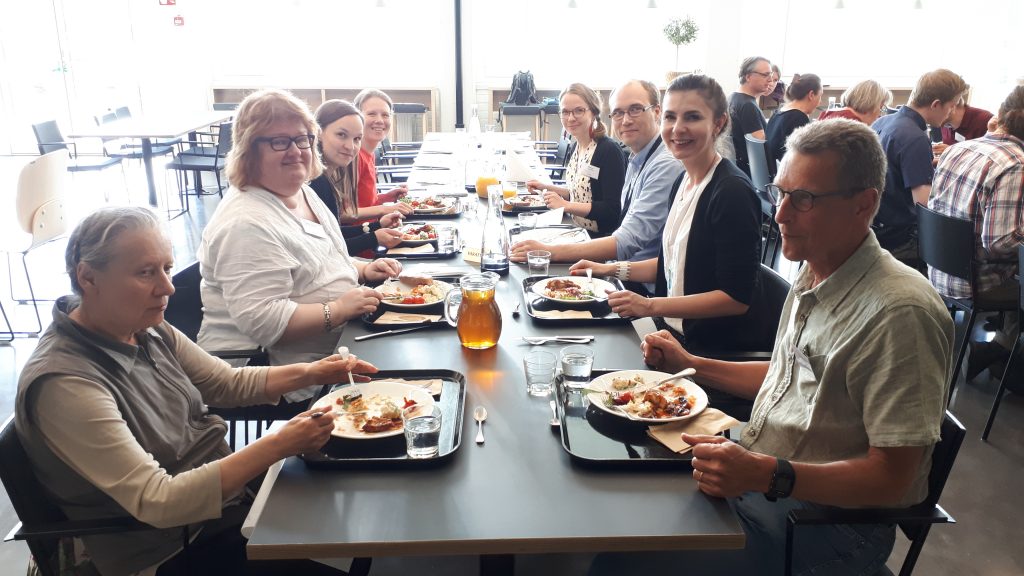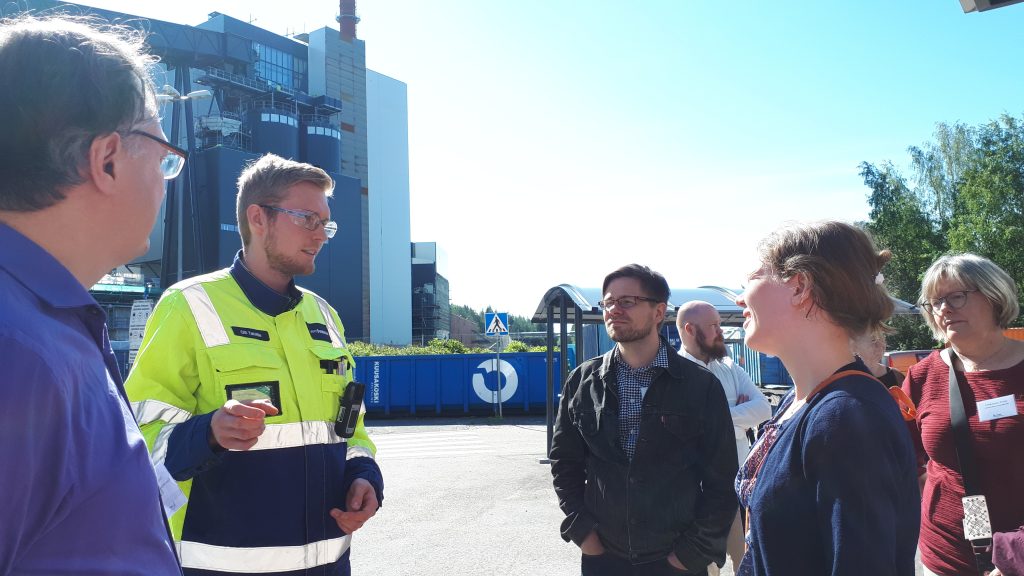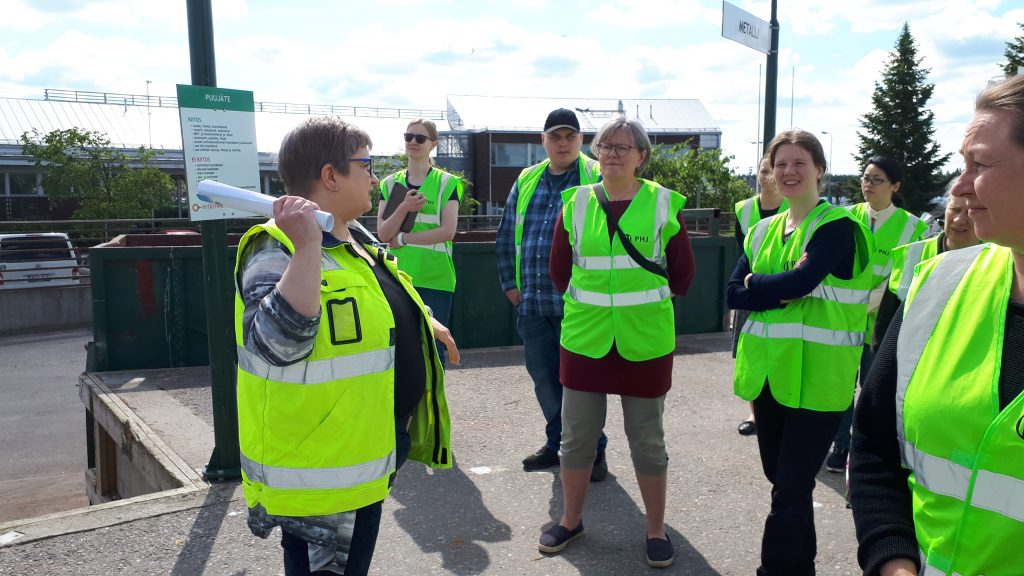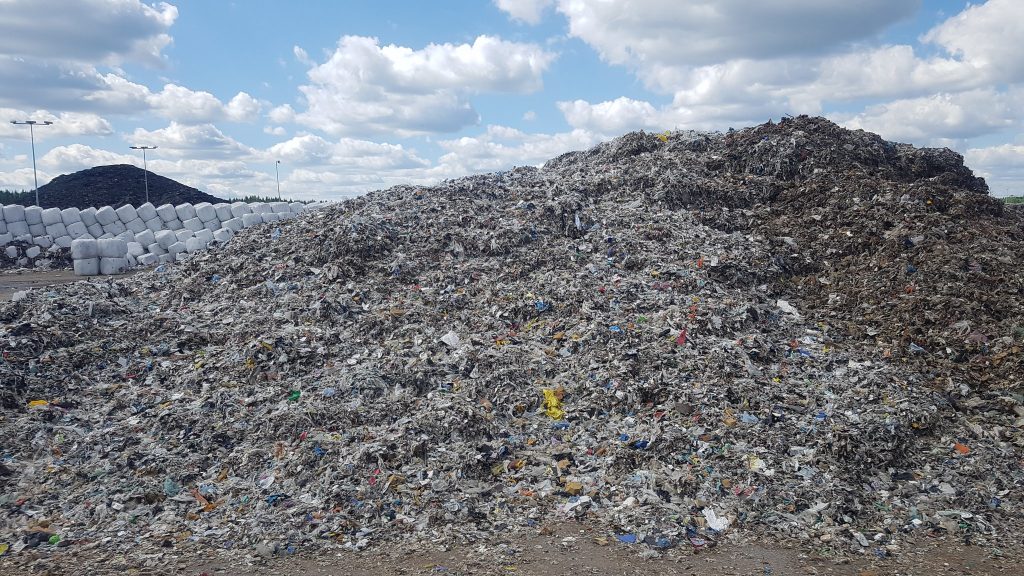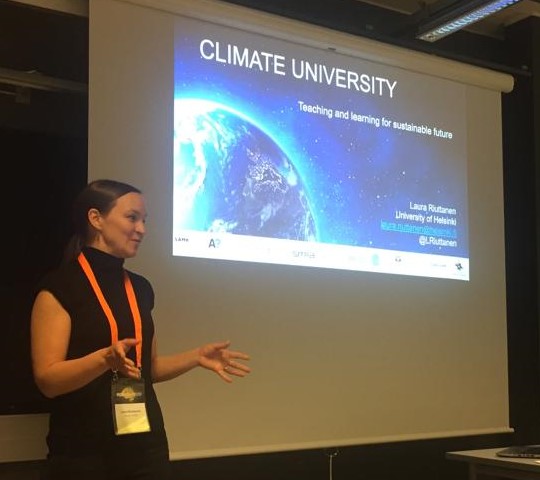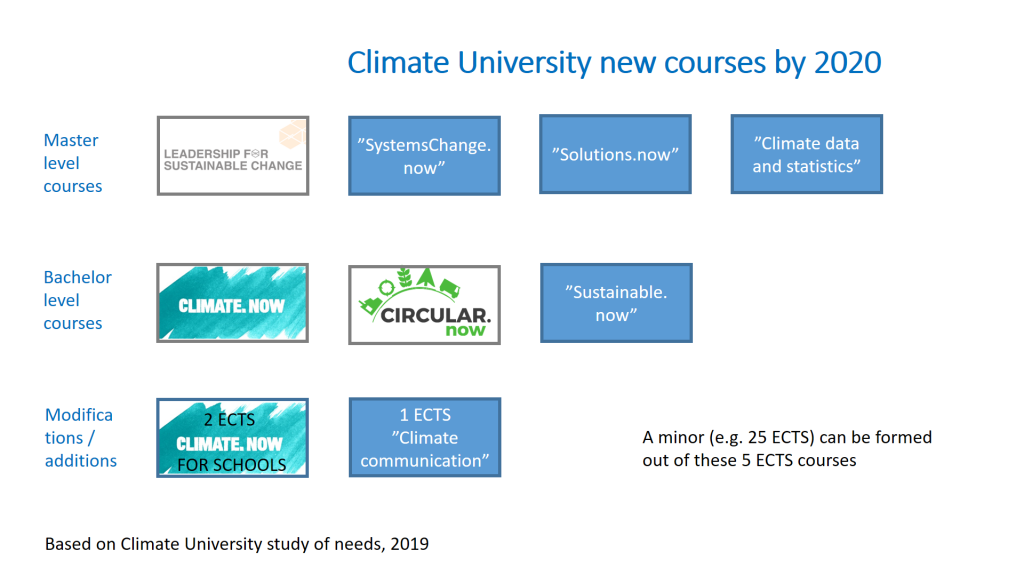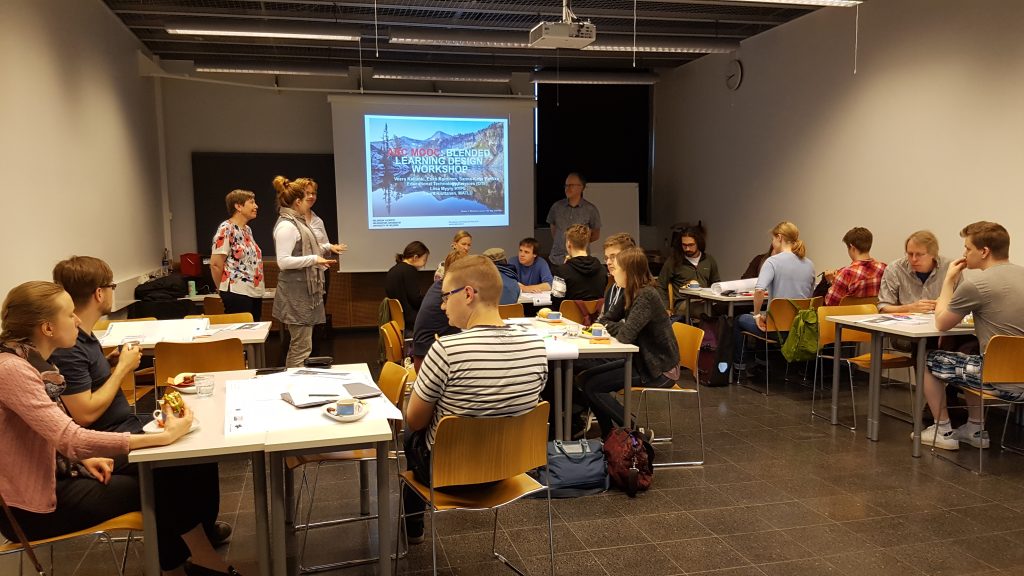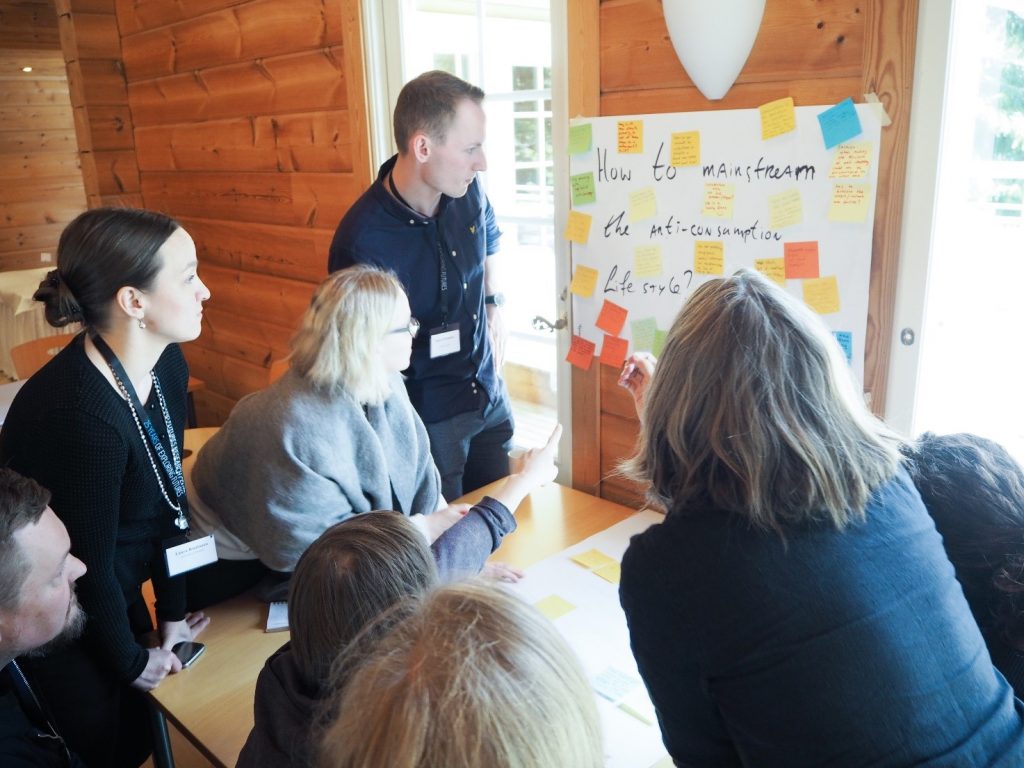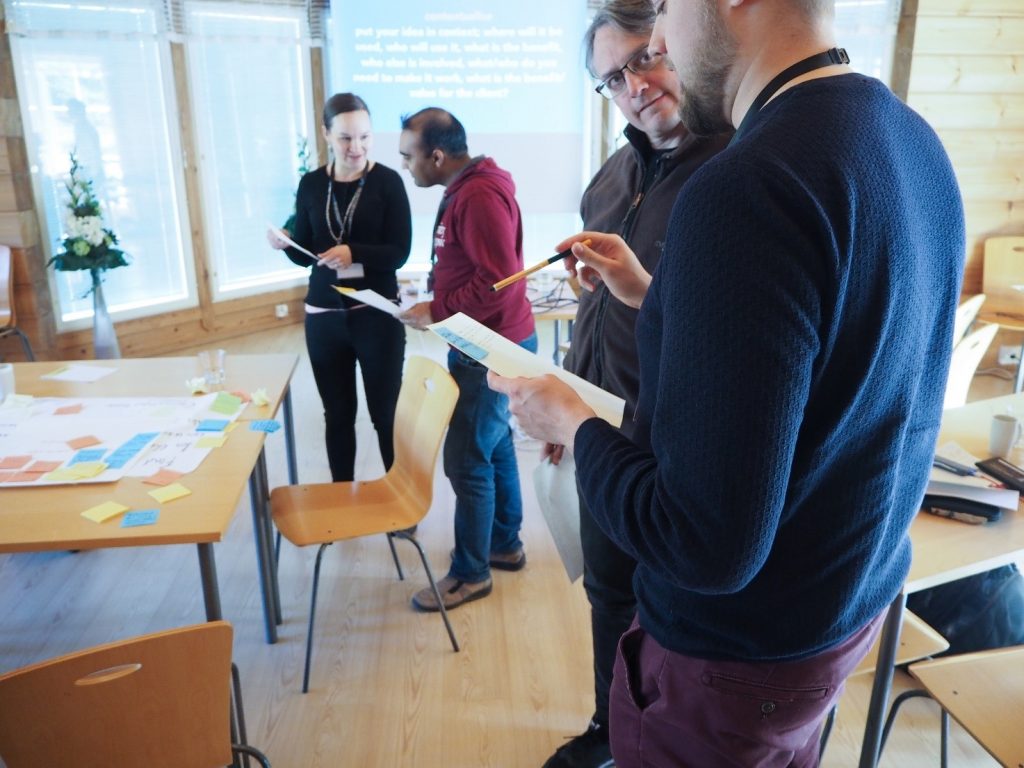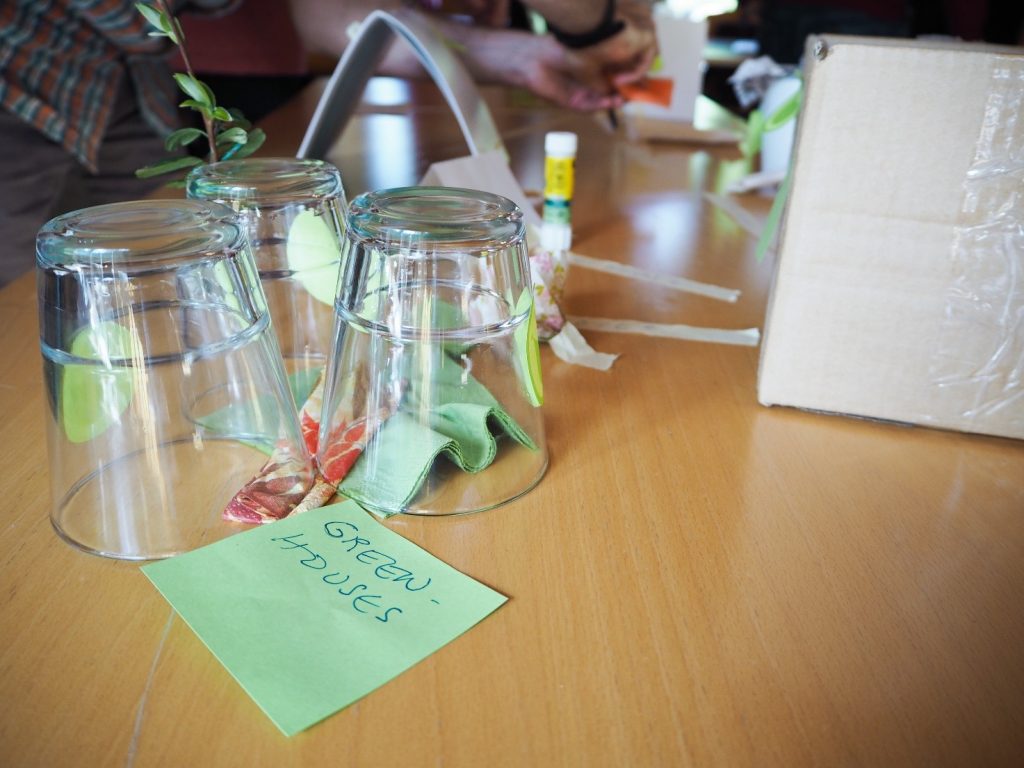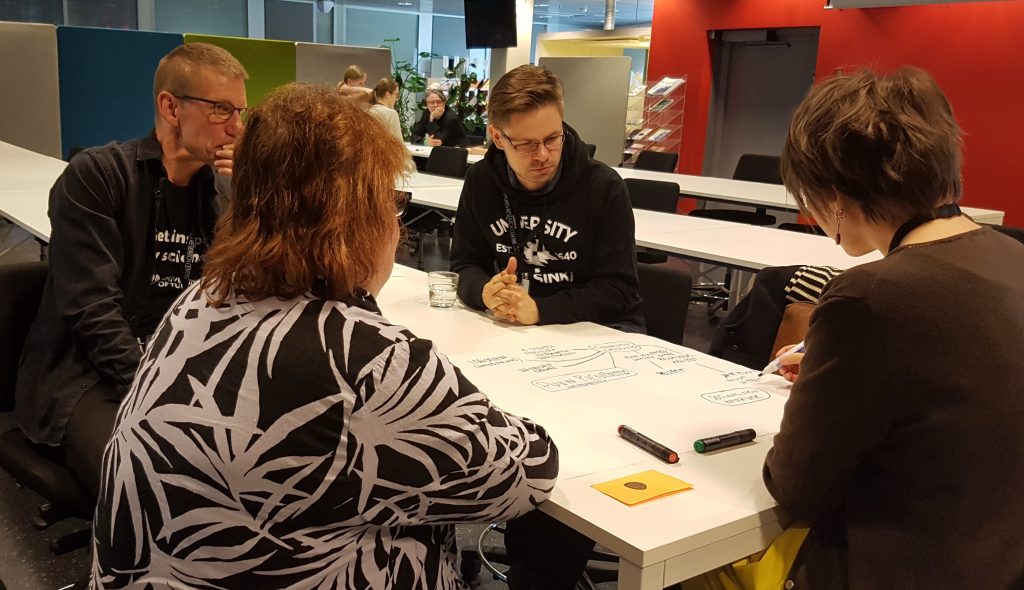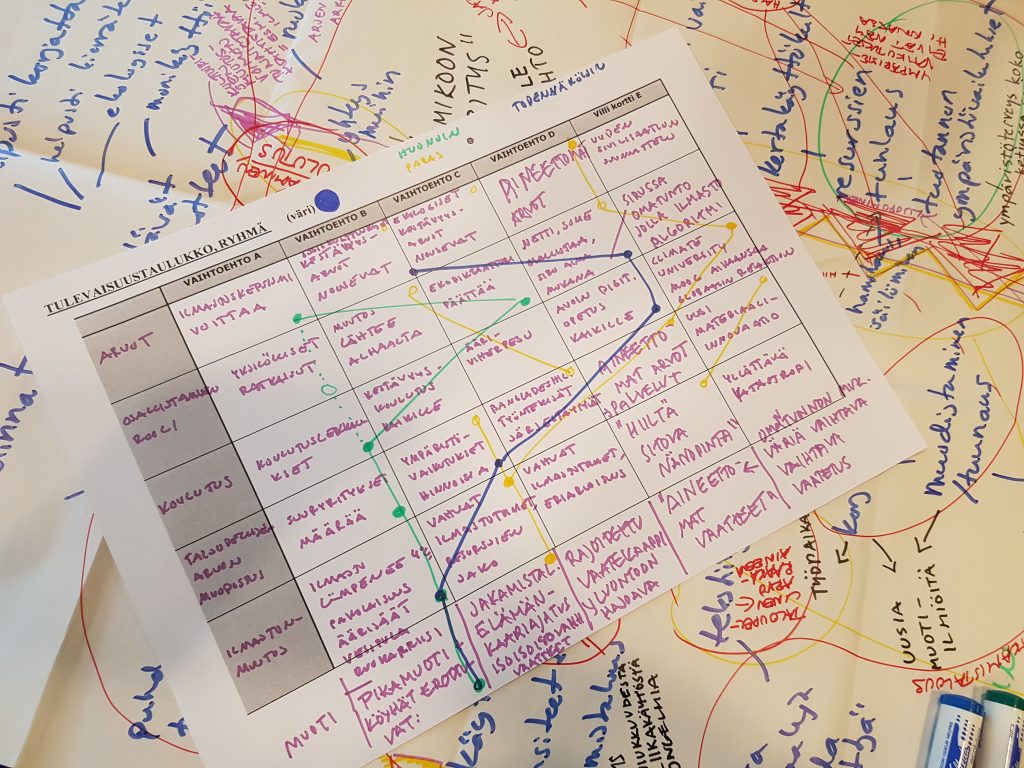Solutions.now
Project course for solving sustainability challenges
13.1.-6.3.2020
Climate change, depleting natural resources, pollution and urbanization pose some of the greatest challenges in the history of humankind. Good solutions are needed now! These so-called wicked problems are so complex that they need actors from all levels of our society working together. Wicked problems are turned into wicked solutions only by strong collaboration between companies, universities, cities and non-governmental organizations (NGOs). This means that future problem-solvers need to know how to work in the middle ground between the business, research and decision-making sectors. On Solutions.now course it is time to put the knowledge learned from books into practice by solving real life challenges related to sustainability issues. The challenges on the course are given by real companies, who want to make a positive impact with their business.
Much of today’s work consists of working in and leading multidisciplinary projects. However, practical project management courses and company collaborations are non-existent in many university studies. Solutions.now course combines problem- and project-based learning methods with sustainability issues, to let students learn the most critical project management skills while gaining valuable working-life experience. At the same time students learn valuable future skills such as tolerating uncertainties and conflicts and balancing with the knowledge learned from the literature and the frame given by the company.
This course is ideally taken after other sustainability courses such as Leadership for Sustainable Change, Sustainable.now and Climate.now so that the students already have some basic knowledge of the complexity of sustainability issues. This course offers a practical way to use that knowledge in real life as well as learn new skills in planning and executing sustainability projects. Students work in multi-disciplinary teams, each team dedicated to one sustainability project. They get to experience how it feels like to use their knowledge to make a positive impact on the world.
In our pilot course in the spring 2020 we will accept students from the following universities:
University of Helsinki, course code: ATM380 Solutions.now (Registration time: 9.12.2019 – 12.1.2020), also available via open university (Registration here)
Turku University of Applied Sciences, course code: TE00BR31 (Registration time: 18.11.2019 – 06.01.2020)
Metropolia University of Applied Sciences, course code: XX00DW15-3001 (Registration time: 2.12.2019 – 15.1.2020)
Lahti University of Applied Sciences, course code: LA00BU68 (Registration time: 25.11. – 8.12.2019)
Course dates:
16.1. 9-11 Virtual lesson I
17.1. 9-11 Mentoring
23.1. 9-11 Virtual lesson II
24.1. & 31.1. 9-11 Mentoring
6.2. 9-11 Virtual lesson III
7.2. & 14.2. & 21.2. 9-11 Mentoring
27.2. 9-11 Final presentations
28.2. 9-11 Feedback sessions
More information:
Piia Nurmi, Leader of Research in Circular Business Models research group, Lecturer, MSc (Econ)
Turku University of Applied Sciences
piia.nurmi@turkuamk.fi +358 40 3550931
